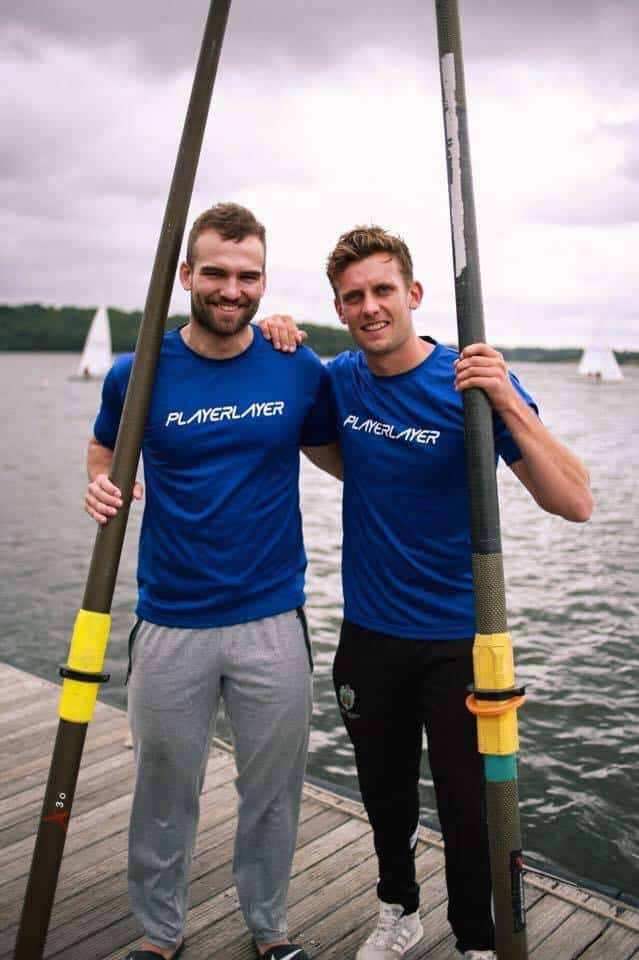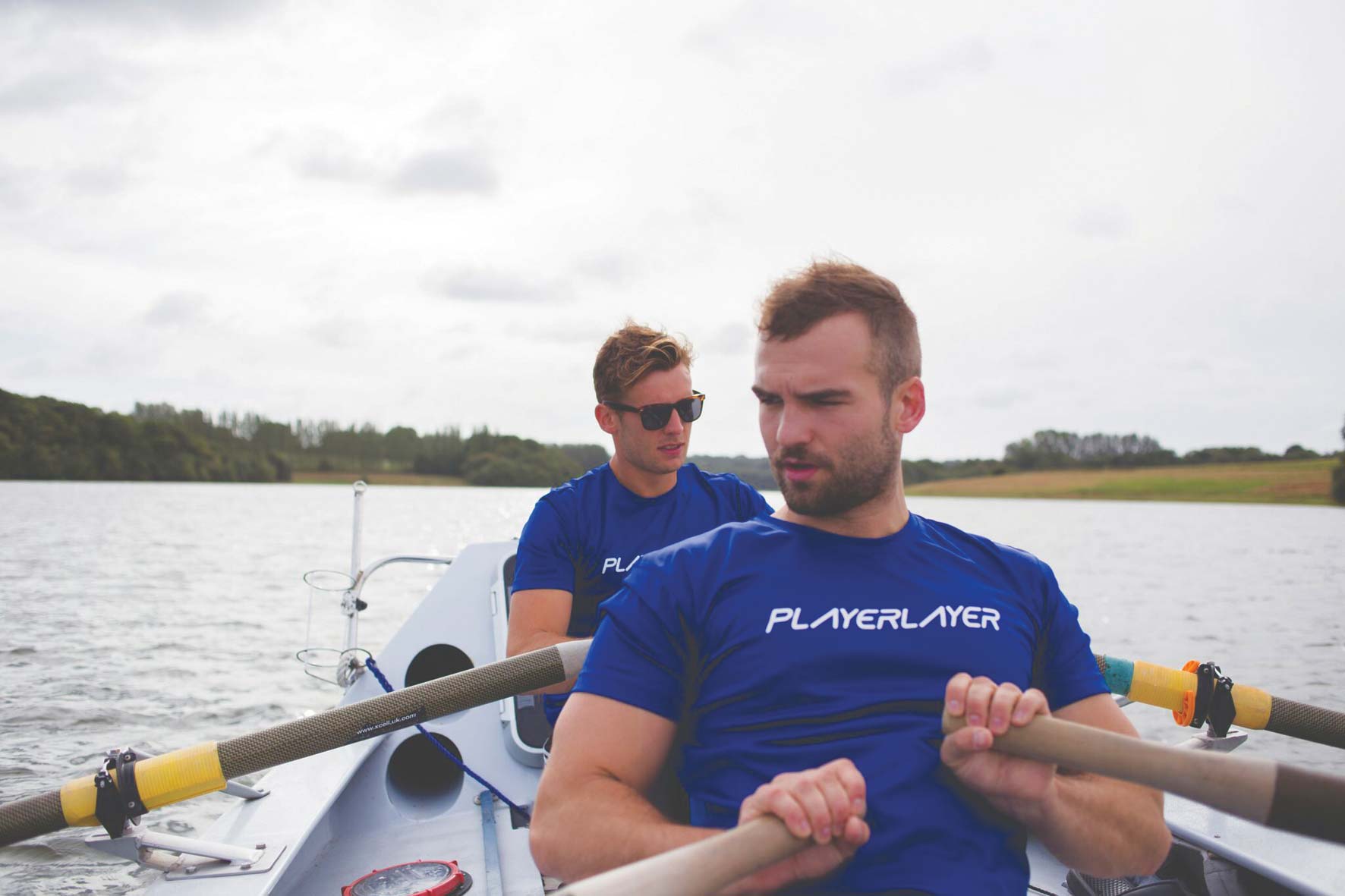Two childhood friends from Tunbridge Wells are set to undertake the challenge of a lifetime by embarking on a 3,000-mile rowing race across the Atlantic.
Max Thorpe and Chris Williams, both 23, will spend Christmas with just each other for company adrift in the world’s second largest ocean as they try to raise money for the charity Cardiac Risk in the Young (CRY).
CRY tests 14 to 35 year olds for heart defaults free of charge. It is a cause the pair are passionate about, as both have been impacted by the suddenness with which their peers can be affected.
“In my second year at university a good friend of mine, a fit and healthy young man, died suddenly from an undetected heart condition,” said former Judd School pupil Chris, adding that tragedies like this happen on average 14 times a week in the UK.
For Max, who attended Sevenoaks School, the experience of knowing someone afflicted with such a heart condition was even more recent.
“My cousin went into cardiac arrest about four weeks ago. Luckily, another family member of mine who was in the next door bedroom heard him fitting and gave him CPR until the ambulance arrived.
“They managed to save his life but that is very unusual for someone who suffers such a sudden heart attack.”
Racing as a team called Tide Together in the Talisker Whisky Atlantic Challenge, the pair have set themselves a target of £50,000 to help the charity.
It will cost them in the region of £60,000 to get to the starting line in terms of set-up costs and entry into the competition.
They are the youngest rowers to take part in this year’s race, which starts in the Canary Islands and ends in Antigua. It will take up to 90 days to complete.
The challenge will involve rowing non-stop, in shifts, through conditions ranging from 40ft storm waves to searing equatorial heat.
Previous competitors have reported suffering from salt sores, sunstroke and vivid hallucinations brought on by extreme fatigue.

The pair are training every other day at Bewl Water as they prepare for the race, which starts on December 14, but until recently neither had any experience of rowing and they have yet to make it to the sea.
“Neither of us come from a rowing background, but neither did the team we bought the boat off and they won last year,” explained Chris.
He said they were both generally quite fit because they take part in a range of other sports. And despite their inexperience, neither seem too fazed by the scale of the task ahead.
“More people have been into space or have climbed Everest than have rowed the Atlantic, which shows just how tough a challenge this is,” said Max, adding he ‘loved’ the thought of being pushed to his limits.
“Hopefully I will cross over into a potential I never thought I could reach.”
They are also confident the confined conditions and isolation will not be too detrimental to their friendship.
“We have been best friends since we were ten years old,” said Max. “We know that we need to avoid issues that could cause arguments, such as being late on the oars at the start of our shifts, but we back ourselves not to fall out with each other.”
“The fact is we bicker about things all the time, but we are just making sure we get it out of our system now,” Chris added.
HOW TO HELP
Max and Chris have set themselves a target of £50,000 to help the charity Cardiac Risk in the Young (CRY), and are looking for support from individuals and corporate sponsors.
The latter can choose from a number of sponsorship packages, including the branding on their 7.4-metre boat.
Money raised will also go towards funding the journey and getting the team to the starting line at an estimated cost of £60,000.
For more details of sponsorship, how to donate, and about the crew themselves, visit www.tidetogether.co.uk
THE CHALLENGE
Dubbed the ‘world’s toughest row’, the race was founded by Sir Chay Blyth and began in 1997. Boats can be entered in solo, pairs or four-man teams in two classes: Pure Class and Concept Class, with an overall winner in each.
The teams row over 3,000 nautical miles from La Gomera to Antigua. No outside assistance is allowed and each team must carry all food, cooking gas, medical kit and safety equipment for the crossing. Drinking water is produced from sea water using a watermaker.








